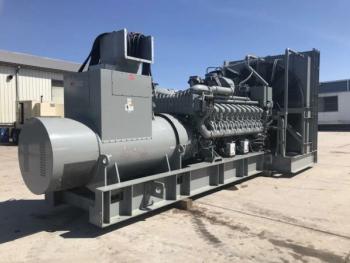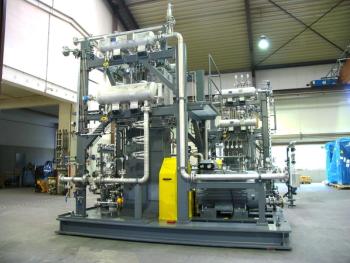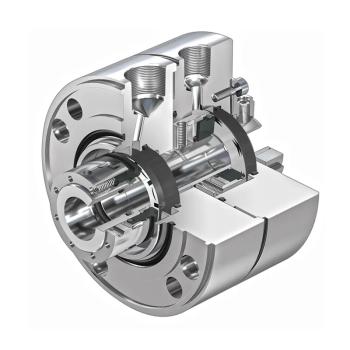
TurboTime Podcast: Root Cause Analysis with the Myth Busters
Klaus Brun and Rainer Kurz discuss root-cause analysis—what it is, its methodologies, and why it’s so important to managing turbomachines.
In this episode of the TurboTime Podcast, Myth Busters Klaus Burn of Ebara Elliott Energy, and Rainer Kurz of RKSBenergy LLC, discuss root-cause analysis (RCA), including what it is, the philosophy and methodologies behind it, what actions should and should not be taken, and more.
Brun said: “RCA, some folks call it root-cause failure analysis, looks at something that failed: Your machine had a catastrophic failure, or you’re missing performance by a percent or two—something is not as you would expect in a compressor or gas or steam turbine, and you want to figure out what it is. So, you perform an RCA based on certain symptoms. In most cases, RCA starts with a review of the machine’s operation that may have preceded the failure and in some cases a metallurgical investigation, which is one of the best indicators as to what failed. It can indicate it was high-cycle fatigue, sudden overload, corrosion or erosion, for example. Then you figure out what excitation may have caused the high-cycle fatigue or what in your process gas may have caused corrosion or erosion.”
Kurz said: “In a way, this is a bit like a detective story. You find something failed, aka the dead body, and then you gather evidence. One of the key things in root-cause failure analysis is that you not only gather evidence, but you also document it. One of the key problems when these reports are written is you have a failure in 2015, for example, and you conduct an RCA, and the next similar failure isn’t for another 10 years. (These events don’t happen that often.) And if you haven't documented what you did for the first one, you can’t use it as a starting point.”
Newsletter
Power your knowledge with the latest in turbine technology, engineering advances, and energy solutions—subscribe to Turbomachinery International today.





